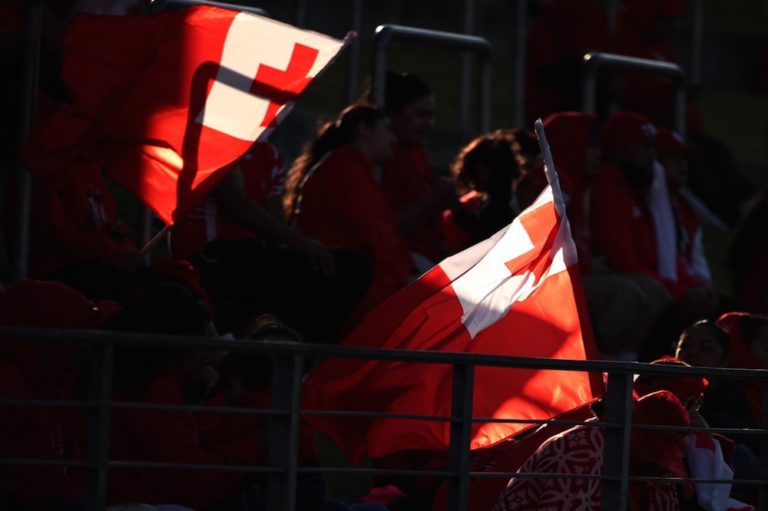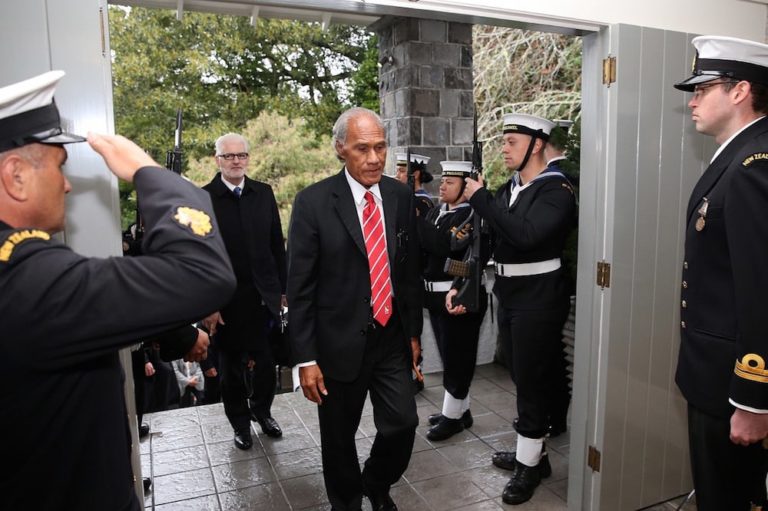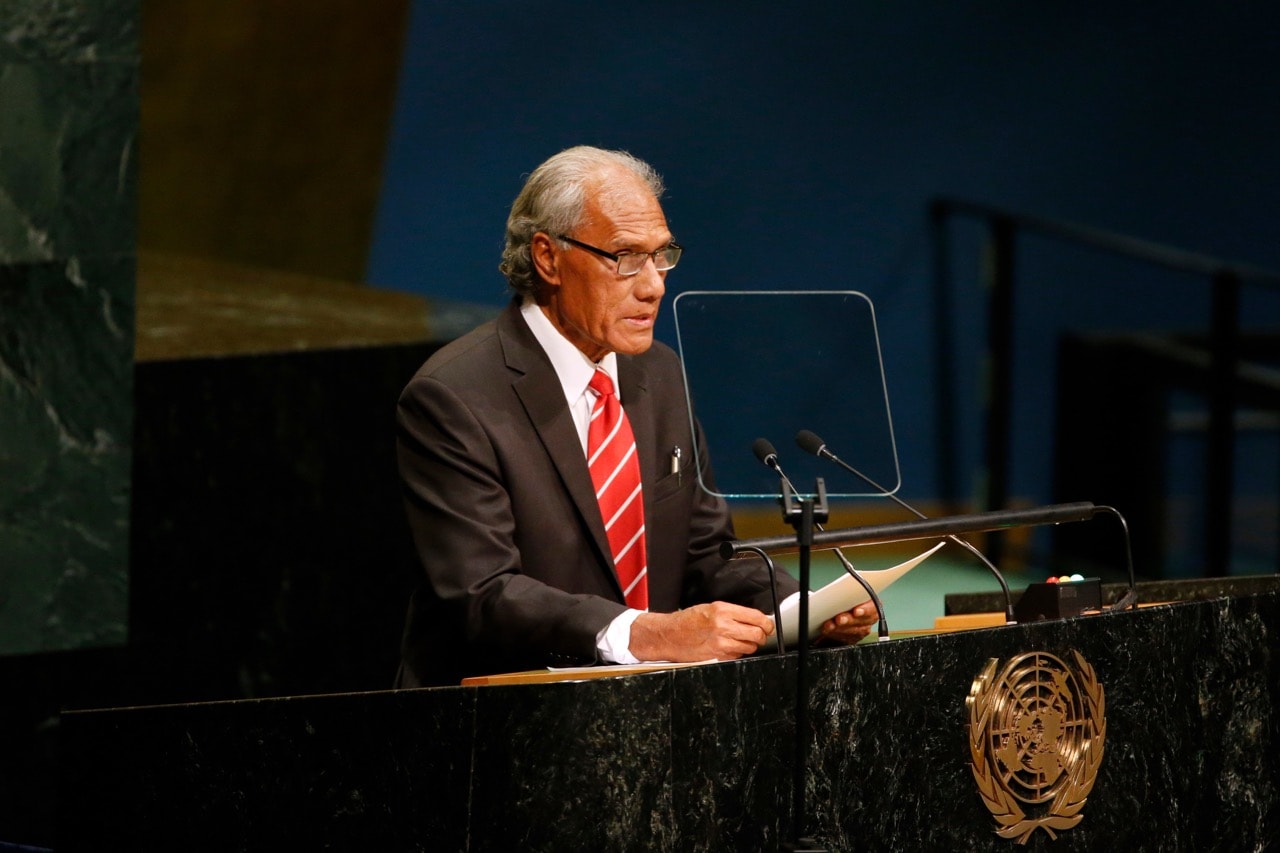(PINA/IFEX) – On 27 February 2003, PINA condemned the Tongan government’s ban on the import of the “Times of Tonga” (“Taimi ‘o Tonga”) newspaper into the kingdom. PINA appealed to the Tongan prime minister, Prince ‘Ulukalala Lavaka Ata, to urgently reconsider the ban on the New Zealand-based twice-weekly newspaper. On 27 February, the Tongan government […]
(PINA/IFEX) – On 27 February 2003, PINA condemned the Tongan government’s ban on the import of the “Times of Tonga” (“Taimi ‘o Tonga”) newspaper into the kingdom. PINA appealed to the Tongan prime minister, Prince ‘Ulukalala Lavaka Ata, to urgently reconsider the ban on the New Zealand-based twice-weekly newspaper.
On 27 February, the Tongan government confirmed that it had banned the import of the newspaper, alleging that it is “foreign” and “trying to overthrow Tonga’s government structure.” The newspaper “ruthlessly campaigned for this overthrow,” the government said in a statement to PINA, adding, “No foreign-owned publication with such an agenda has a right of entry into any Sovereign State.”
PINA responded that such draconian moves against the news media tarnish Tonga’s image as a country which respects fundamental human rights. The organisation said Tonga is justifiably proud of its long constitutional rule and independence. However, the ban on the “Times of Tonga” is a clear breach of Article 19 of the Universal Declaration of Human Rights.
Article 19, PINA pointed out, says, “Everyone has the right to freedom of opinion and expression; this right includes freedom to hold opinion without interference and to seek, receive and impart information and ideas through any media and regardless of frontiers.”
PINA said if the Tongan government genuinely believes there is something wrong with what is being published, it has plenty of opportunities to challenge this under either Tongan or New Zealand law. The government could also take its case to the independent and respected self-regulatory New Zealand Press Council, which is set up to consider such complaints, PINA noted.
The government also has an opportunity to explain its side of any story through the Tongan news media, including a government-owned radio and television station and weekly newspaper, PINA noted. However, to simply ban the import of the “Times of Tonga” into the kingdom suggests the government is desperate to stop its citizens from receiving information it does not want them to know, PINA said.
Earlier, commenting from Auckland, New Zealand, “Times of Tonga” publisher Kalafi Moala said the ban is unconstitutional. Moala, who is regarded as close to the kingdom’s pro-democracy movement, told Radio Australia he would challenge the ban in court. A Tongan-based editor, Mateni Tapueluelu, told Radio New Zealand International that the government move came in response to articles in the newspaper questioning the government’s performance and the royal family’s business activities.
A four-page statement issued by the Information Unit of the Prime Minister’s Office, Nuku’alofa, Tonga, said of the Tongan-language “Times of Tonga”:
“On Wednesday, 26th February, 2003, in accordance with Government policy, the Chief Commissioner of Revenue, pursuant to Section 34 of the Customs Excise Act (CAP.67), served a notice to prohibit the import of the foreign newspaper Taimi ‘o Tonga.
“The main reasons for these decisions are:
“That the Taimi ‘o Tonga is a foreign paper, owned and published by a foreigner;
“That the Taimi ‘o Tonga is a foreign concern with a political agenda;
“That the Taimi ‘o Tonga’s continuous standard of journalism is unacceptable;
“This decision was then conveyed by the Chief Commissioner of Revenue to the local manager of the Taimi ‘o Tonga, Mr Filokalafi ‘Akauola.”
The government statement said Moala is an American citizen who lives in New Zealand. The newspaper is published in Auckland and flown to Tonga, it said. The statement added, “The ‘Taimi ‘o Tonga’, whilst a foreign newspaper, has ruthlessly campaigned for the overthrow of Tonga’s Constitutional Government structure. With strong cultural insensitivity, it has incited disaffection among the people of Tonga.”
The statement listed a series of complaints against the newspaper and said it has never joined the Tonga Media Association nor accepted the local association’s code of ethics. The statement also said those who do not read Tongan and do not read the newspaper regularly are unqualified to pass judgement on its “journalistic performance.”
The ban marks another step in the testy relationship between Moala and the Tongan authorities. In December 2002, the publisher won US$8000 in damages after the courts ruled that he was wrongly jailed in Tonga in 1996 over a report in his newspaper on an impeachment motion against a government minister (see IFEX alerts of 13 December 2002 and 20 September 1996).
The “Times of Tonga” recently campaigned against government corruption and King Taufa’ahau Tupou’s decision to allow a cigarette factory to be built in Tonga, the “New Zealand Herald” reported on 27 February.
Background Information
The “Times of Tonga” circulates widely in the large Tongan community in New Zealand and is sent to Tonga and to other Tongan overseas communities. Tonga also has a growing local news media. These include the weekly government newspaper “Tonga Chronicle”, the privately-owned “Tonga Star”, church-run newspapers, government and non-government radio and television stations and the news magazine “Matangi Tonga”.


